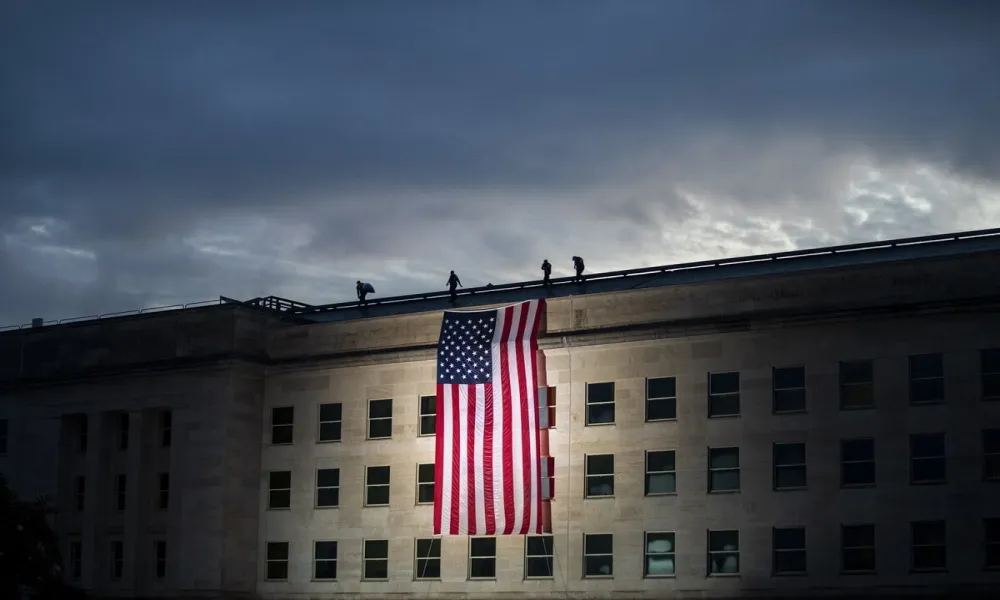A mystery donor’s decision to give $130 million (£107 million) to the US Department of Defense has triggered a wave of controversy in Washington, raising sharp questions about transparency, ethics, and the role of private money in national defence.
According to Pentagon officials, the donation was made to help cover the salaries of 1.32 million active-duty US troops as the federal government remained paralysed by a funding impasse, the so-called “shutdown” now entering its fourth week.
President Donald Trump confirmed the contribution, offering only a hint of the donor’s identity: “He’s a great supporter of mine and an American citizen,” Trump told reporters, describing the benefactor as a “wonderful patriot” who “doesn’t want publicity.”
Filling a government gap
By the time of the donation, the government shutdown had surpassed three weeks, making it one of the longest in US history. With Congress deadlocked over a federal budget deal, hundreds of thousands of public sector workers had been furloughed or left working without pay, and the military faced uncertainty over its next payroll cycle.
The Trump administration had already diverted $8 billion from defence research funds to pay service members the previous week, but that solution was temporary.
Pentagon spokesman Sean Parnell confirmed that the donation was formally accepted under the department’s legal authority to receive gifts. The funds, he said, would be used “solely for the payment of salaries and benefits to active-duty personnel.”
While lawful, the move is virtually unprecedented and the anonymity of the donor has set off a fierce political storm.
Troops 'bought' by other interests?
Critics in Congress have warned that the acceptance of such a large anonymous gift could set a dangerous precedent.
“The use of undisclosed donations to fund our military raises deeply troubling questions,” said Senator Chris Coons, a Democrat who chairs the subcommittee on defence appropriations. “Could our troops one day be influenced - or even bought - by foreign interests?”
The Pentagon insists that all donations above $10,000 undergo a stringent ethics review to ensure there are no conflicts of interest or foreign ties. Donations from non-US citizens are subject to even tighter scrutiny and are normally reserved for infrastructure or cultural projects, not operational costs such as salaries.
Still, the secrecy surrounding the donor’s identity has intensified suspicion.
A constitutional grey area
Trump supporters have defended the gift as an act of patriotism and solidarity, arguing that it reflects public frustration with Washington’s dysfunction.
“It’s rare to see someone give such a vast sum without asking for recognition,” Trump said, calling the donor “a man of honour.”
At roughly $100 per soldier, the contribution is both symbolic and practical, offering temporary relief amid the political deadlock. But ethics experts say the implications are far more serious.
“Once private citizens start paying soldiers’ salaries, even with the best intentions, we blur the line between democratic accountability and private influence,” warned defence analyst Dr. Rachel Meyers from Georgetown University.
Legally, the Pentagon can accept donations but never before on this scale or for this purpose. The incident exposes a constitutional tension between fiscal governance and private philanthropy: should a democracy ever depend on anonymous donors to fund its armed forces?
